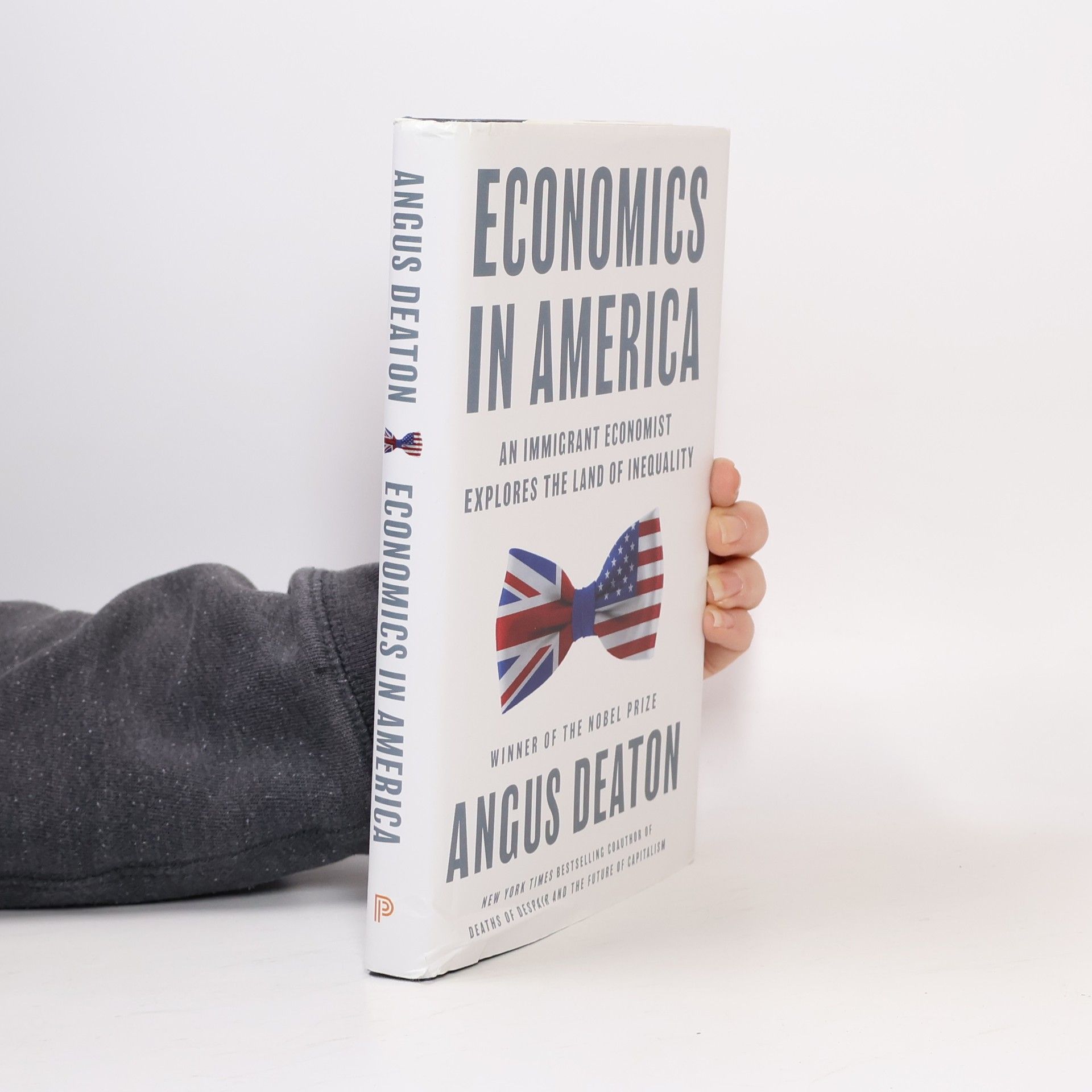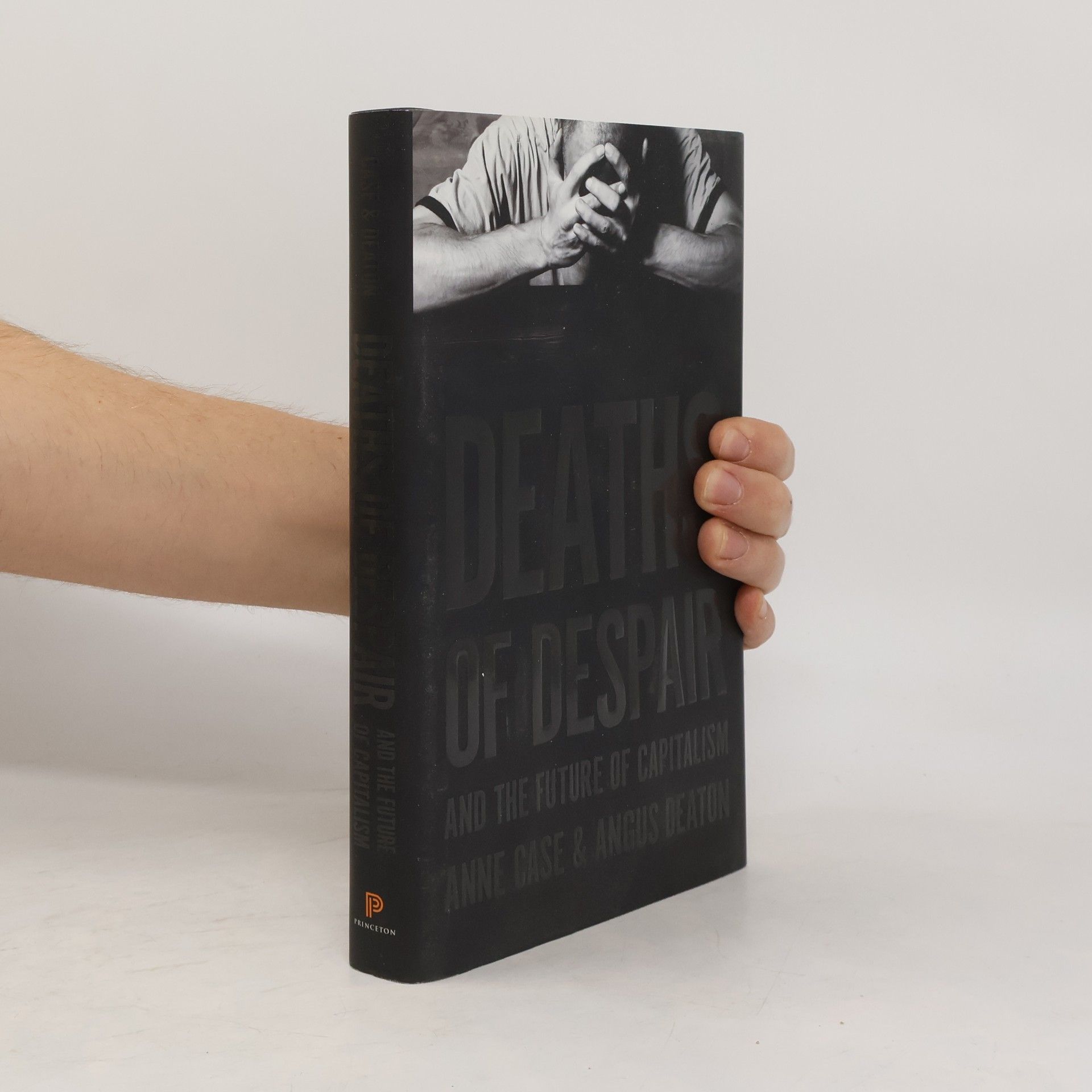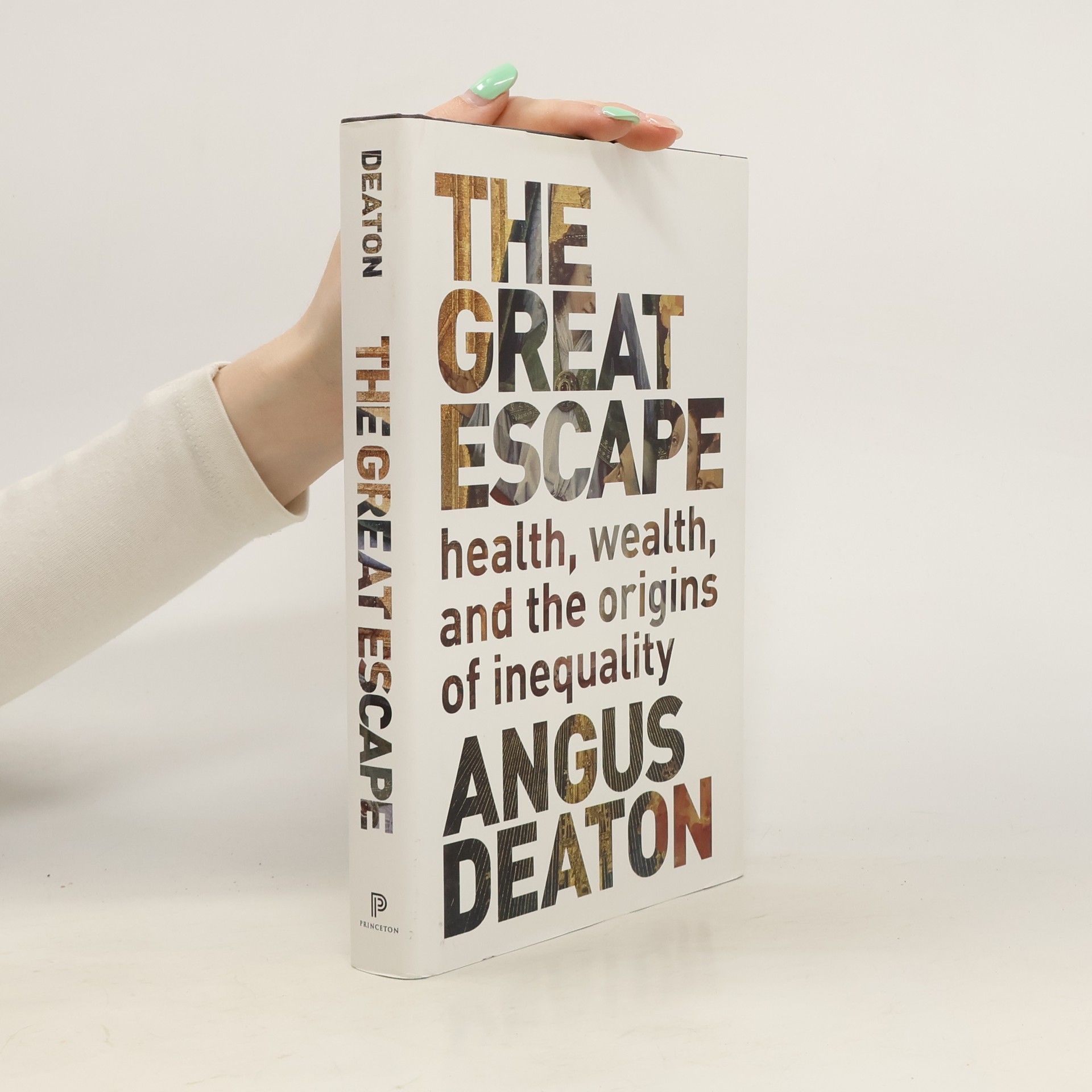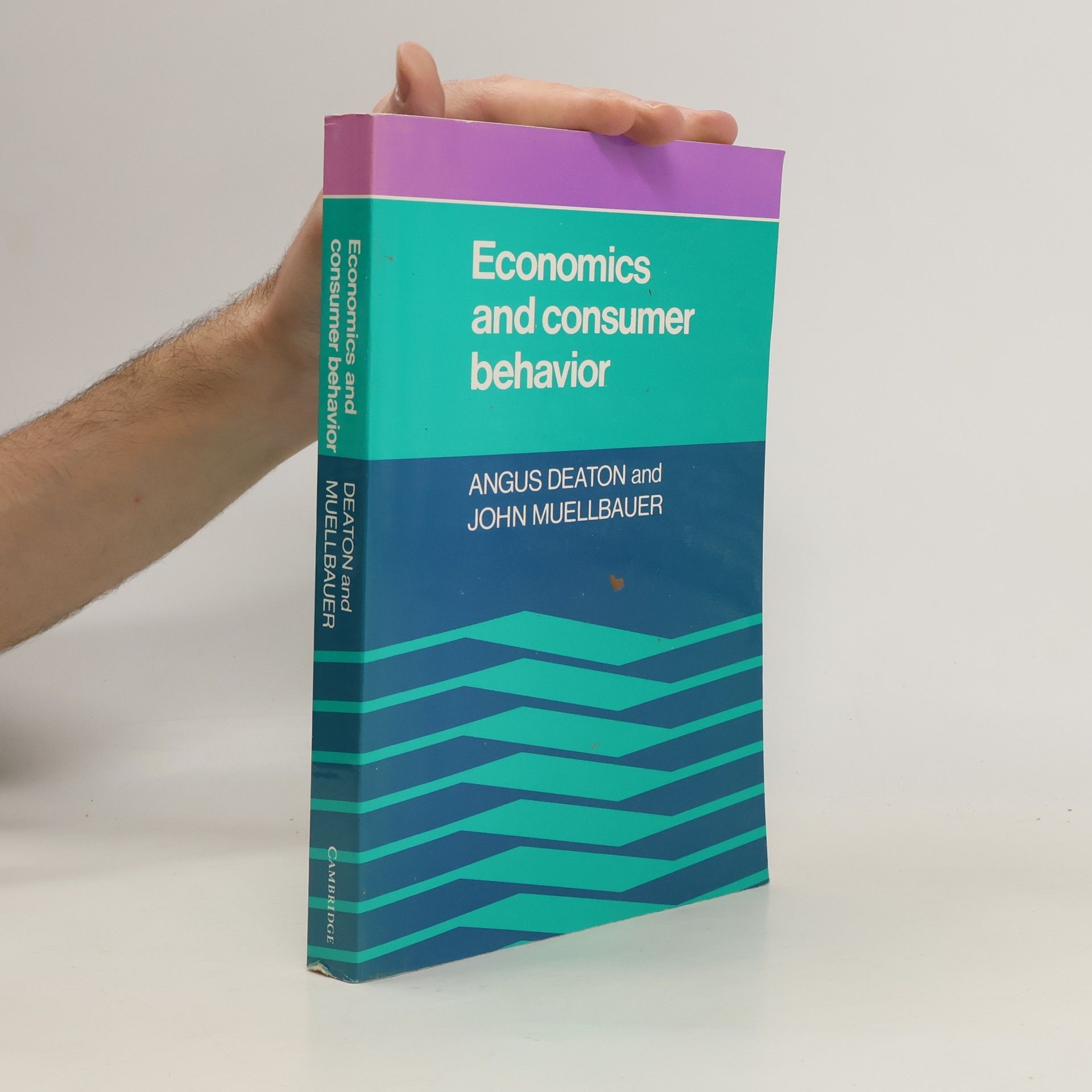Candid reflections from a Nobel Prize-winning economist reveal the complexities of the American economic landscape. Angus Deaton shares his journey from Britain to the U.S., highlighting the stark disparities he observed. He tackles critical issues such as poverty, healthcare, and the minimum wage while providing a humorous and insightful look at the life of economists. Deaton critiques the relationship between economics and politics, questioning the discipline's role in rising populism and despair, and offers personal anecdotes alongside broader social commentary.
Angus Deaton Book order (chronological)
Angus Deaton is a recipient of the Nobel Memorial Prize in Economic Sciences. His work delves into the intricate relationships between consumption, poverty, and welfare, offering profound insights into how individuals make spending decisions and the broader societal implications. Deaton's analysis provides a deeper understanding of economic well-being and the factors that contribute to both individual and collective prosperity.






Tod aus Verzweiflung
Der Untergang der amerikanischen Arbeiterklasse und das Ende des amerikanischen Traums
Der „American Dream“ ist im Niedergang begriffen. Für die weiße Arbeiterklasse ist das heutige Amerika zu einem Land der zerrütteten Familien und der mangelnden Perspektiven geworden. Während College-Absolventen immer gesünder und wohlhabender werden, sterben Erwachsene ohne Abschluss immer häufiger an Alkohol, Drogen und Suizid – ein Tod aus Verzweiflung. Die wachsende Macht der Konzerne und ein skrupelloser Gesundheitssektor sind nur zwei der Gründe. Der Kapitalismus, der in zwei Jahrhunderten unzählige Menschen aus der Armut befreite, zerstört nun das Leben der amerikanischen Arbeiter. Die renommierten Ökonomen Anne Case und Angus Deaton legen diese Misere in ihrem Buch schonungslos offen. Drohen auch uns amerikanische Verhältnisse? Die Autoren geben brandaktuelle Antworten.
Deaths of Despair and the Future of Capitalism
- 312 pages
- 11 hours of reading
While the rise in premature deaths among American working-class whites has become a national crisis, the authors tie the problem to the weakening position of labor, the growing power of corporations, and to a health-care sector that redistributes working-class wages to the wealthy
Heute sind die Menschen gesünder, wohlhabender und leben länger als früher. Ein Teil der Menschheit hat den „Großen Ausbruch“ aus Armut und Not in Freiheit, Bildung und Demokratie geschafft. Dennoch wächst die Ungleichheit zwischen Nationen und Menschen unaufhaltsam. Der Nobelpreisträger beschreibt, wie Lebens- und Gesundheitsstandards weltweit steigen könnten, wenn Aufrichtigkeit und Fairness in die globale Wirtschaft Einzug hielten. Die Geschichte der Weltwirtschaft wird neu und anders erzählt, beginnend mit der Industriellen Revolution, die Westeuropa und den USA wirtschaftlichen Aufschwung brachte. Viele Menschen in diesen Ländern überwanden ihre Armut und schufen demokratische Staaten. Doch bereits damals öffnete sich die Kluft zwischen Reich und Arm. Der Ökonom entwirft ein Panorama von Entdeckungen und Erfindungen, die Epidemien überwanden und Fortschritte in Medizin und Hygiene brachten. Dennoch leiden moderne Gesellschaften, besonders die Ärmsten, unter Rückschlägen wie Hungersnöten und Krankheiten. Reformen sind notwendig: Die Entwicklungs- und Protektionspolitik des Westens muss grundlegend verändert werden, und Handelshemmnisse sollten abgebaut werden, um der globalisierten Welt ihren eigenen „Großen Ausbruch“ zu ermöglichen. Der einstige Wohlstand der USA stagniert, während das Wirtschaftswachstum in Indien und China explodiert und das Leben von über zwei Milliarden Menschen verbessert hat.
The Great Escape
- 376 pages
- 14 hours of reading
The world today is wealthier and healthier, with longer life expectancies, yet significant inequalities persist both within and between nations. Angus Deaton, a leading expert on economic development and poverty, explores how, over the past 250 years, certain regions have made remarkable progress, creating disparities that define our contemporary landscape. He investigates the historical and ongoing factors influencing national health and wealth, while also addressing the urgent need to support those who remain marginalized. Deaton highlights both monumental advancements, such as antibiotics and clean water, and severe setbacks like famines and the HIV/AIDS crisis. He focuses on the United States, which has seen prosperity but is now grappling with slower growth and rising inequality, and examines how economic progress in India and China has uplifted over a billion lives. Critiquing the ineffectiveness and potential harm of international aid, Deaton proposes alternative strategies, such as reforming drug company incentives and easing trade restrictions, to empower the developing world in achieving its own escape from poverty. This work serves as a compelling guide to improving global well-being and addressing disparities.
The great escape: Health, wealth, and the origins of inequality
- 376 pages
- 14 hours of reading
Asserts that 250 years ago, some parts of the world began to experience sustained progress and examines the United States, a nation that has prospered but is experiencing slower growth and increasing inequality.
Economics and Consumer Behavior
- 468 pages
- 17 hours of reading
The book focuses on applications of the duality theory to welfare economics and econometric analysis.
